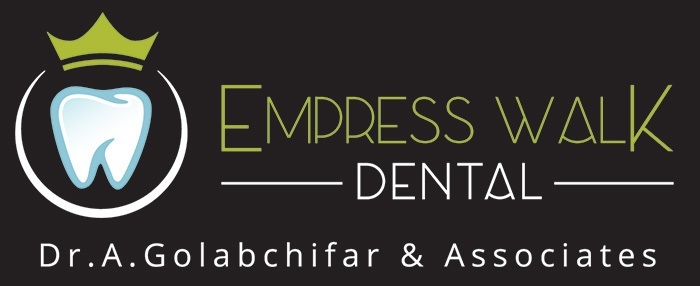Ask questions. It sounds simple enough, but sometimes we feel embarrassed to ask simple questions. There is no need to feel that way.
You will feel much better, and will be able to make a better decision, if you understand the dental procedure that is recommended to you. If you don't say anything, your dentist may think that you already understand.
Here are some questions to ask:
- If you can see any pictures of the procedure or what it looks like when it is done
- How many times our office has done this procedure in the past
- How much it will cost
- How long it will take
- If it will need to be redone in the future
- If there are alternatives to the procedure and if so, what are the pros and cons of each option.
The final decision about how and when to proceed with any treatment is yours. To help you understand what is involved in the treatment, we can provide you with accredited electronic sources as well as printed material to read. Be careful about getting information from unknown sources, as some of this information may not be reliable.
If you have already left the dental office without asking questions, call back later. If, after all of your questions have been answered, you are still uncertain, you may wish to get a second opinion from another dentist. Often, a second opinion will give you confidence that your dentist has planned the right treatment for you.


